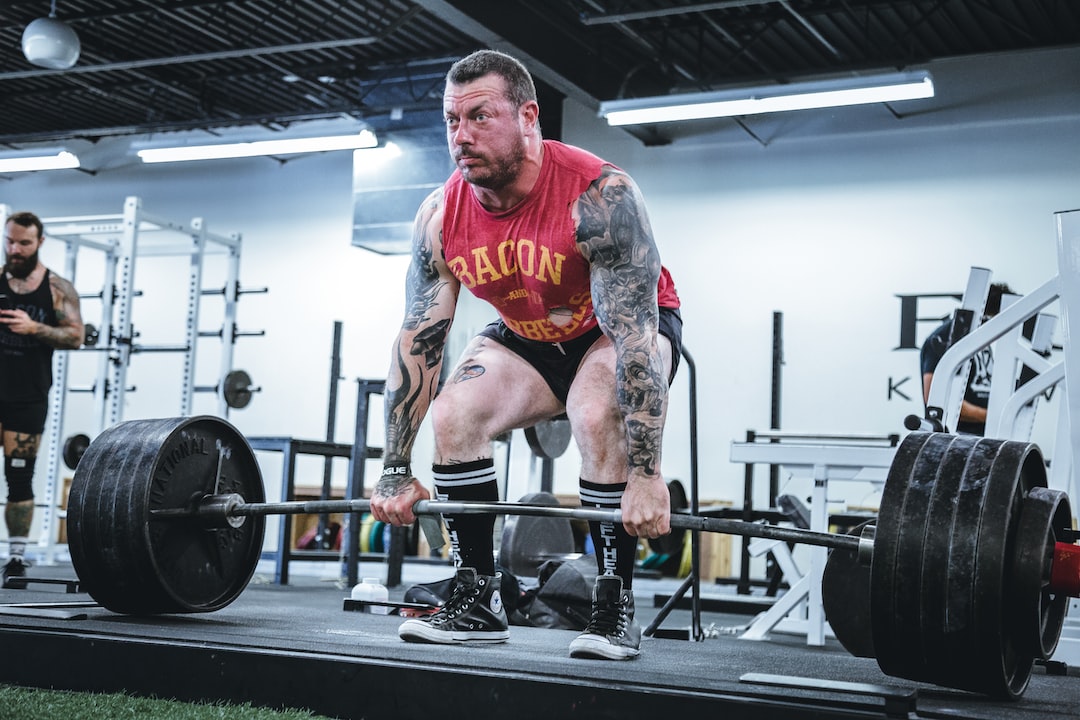Athletics require more than just physical strength and endurance. In fact, a large part of an athlete’s success depends on their mental toughness. From managing performance anxiety to overcoming negative self-talk, athletes must have the right mindset to achieve their goals. However, mental barriers are just as real as physical ones. These obstacles can become a hurdle for athletes to overcome, and they can prevent them from reaching their full potential. In this article, we will discuss some of the most common mental barriers faced by athletes and how to overcome them.
Lack of self-confidence
Self-confidence is essential to be successful in any athletic activity. Lack of self-confidence can make athletes feel anxious, and they may start doubting their abilities. This can be self-destructive and can lead to self-sabotage. The best way to overcome this is by actively building your self-confidence. Recognizing your achievements and focusing on your strengths can be a great way to start. Visualization techniques and positive affirmations can also help you in building more self-confidence.
Fear of failure
Fear of failure is one of the most common mental barriers that athletes face. This fear can be so strong that it can paralyze a person and prevent them from performing at their best. Overcoming this fear requires a shift in perspective. Instead of viewing failure as something to be feared, it is essential to see it as an opportunity to learn and grow. Successful athletes understand that failure is not the end; it is just a step towards success.
Performance anxiety
Performance anxiety is another common mental barrier that athletes face. The pressure to perform can make athletes feel stressed and anxious, which can affect their performance. Managing performance anxiety requires athletes to practice relaxation techniques like deep breathing, visualization, and positive self-talk. Developing a pre-performance routine can also help in calming nerves and reducing performance anxiety.
Negative self-talk
Negative self-talk can be incredibly damaging to an athlete’s mental health. These negative thoughts can lead to feelings of self-doubt, anxiety, and even depression. It is essential to interrupt negative self-talk and replace it with positive self-talk. This can be done by actively monitoring any negative thoughts and replacing them with positive affirmations. This may take practice, but over time, it can help shift your mindset towards a more positive outlook.
Lack of motivation
Lack of motivation can lead to a decrease in performance and can even lead to athletes giving up on their goals. To overcome this mental barrier, it is essential to set clear and realistic goals. Having a strong and clear motivation for achieving these goals can help athletes overcome any feelings of demotivation. It can help to break these goals into smaller, manageable steps, so that athletes can see progress and feel motivated along the way.
Conclusion
Overcoming mental barriers is essential for athletes to perform at their best. The mental aspects of athletics require as much attention and effort as the physical aspects. By practicing positivity, building self-confidence, managing fears, and setting clear goals, athletes can overcome any mental barriers that may prevent them from achieving their full potential. With a change in mindset and a willingness to work through difficulties, athletes can develop the mental toughness required to become the very best at their sport.

